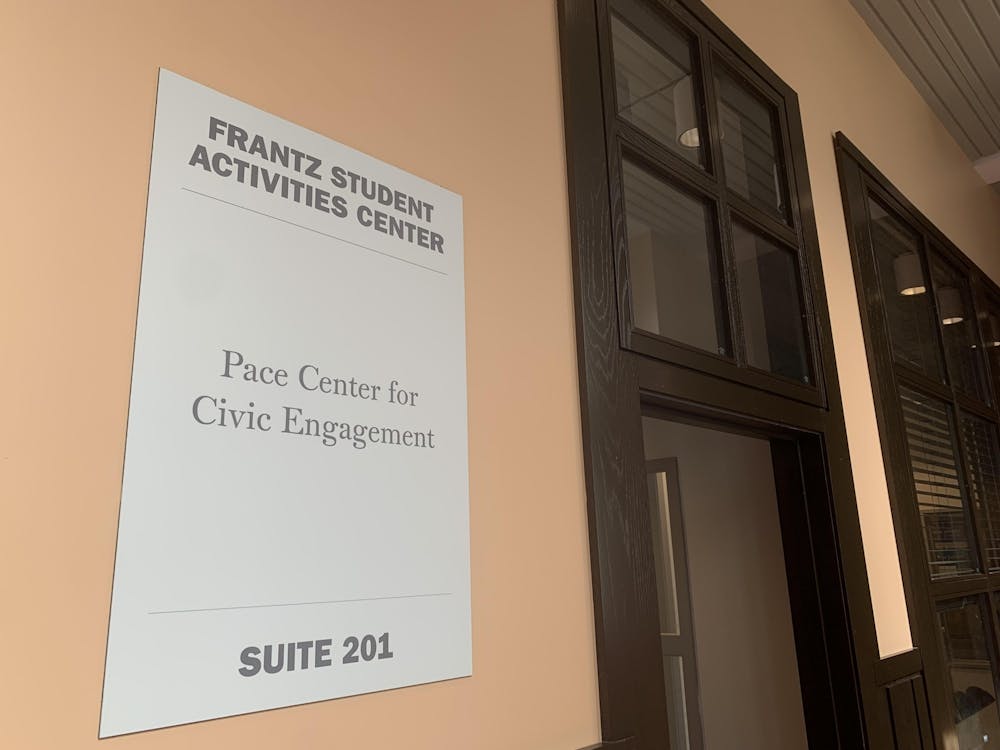To the Editor:
The John H. Pace, Jr. ’39 Center for Civic Engagement welcomes the questions from Community Action leaders and participants that were highlighted in a Sept. 13 article. After all, reflection that includes critical questions is an important part of responsible service. We encourage students to ask: What happened? Why did that happen? What does that mean? What do we do now?
Some of the other questions that are relevant to our service programs, including Community Action, are harder. When we do service, we might say we want to “give back,” but what if what we want to give isn’t what is needed? What, actually, do community organizations need? Can we meet those needs? Do we have the time and skills to meet those needs?
When we engage in service, we are engaging in a relationship with an organization that, inarguably, is more of an expert than we are in the work they do everyday. We have learned over the last 20 years at the Pace Center that unprepared student volunteers and sporadic engagement can in fact harm communities, so we have put an equal emphasis on serving as well as learning and reflection. Listening with communities helps us cultivate caring for the people we seek to serve, and learning about partners’ work can help us understand the context of the issues we are interested in.
Exhibiting empathy and humility in new service situations can meet that goal. When entering a community for the first time or working with a new partner, students are likely to encounter situations and viewpoints that do not align with their expectations. These situations might even be ones we disagree with, and we will have to wrestle with this discomfort.
Students can process their experiences of service in new reflection opportunities this fall and can connect with local communities and organizations in community partner-led tours. As students learn about and become part of the local community, they become better equipped to co-create service projects with community partners that are responsive to dynamic community needs. We know that ongoing engagement is how we can contribute together to the greater good and learn through service. We invite students to continue exploring service and to continue asking questions about how they do so.
Kimberly de los Santos is the Executive Director of the John H. Pace, Jr. ’39 Center for Civic Engagement.








